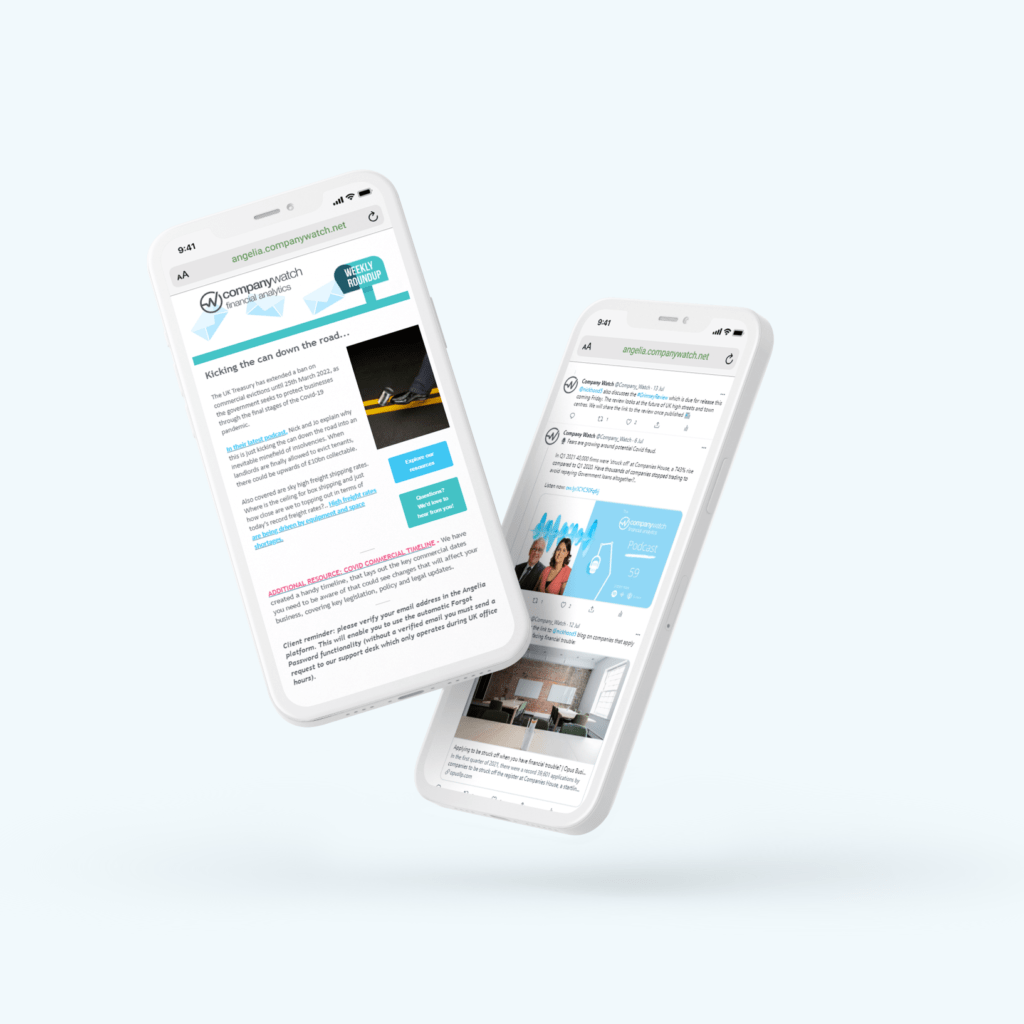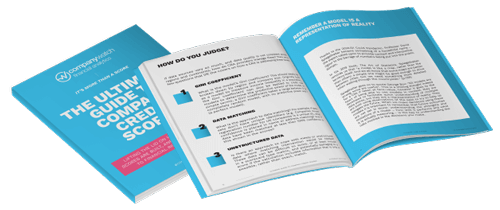3 Common Mistakes You Can Avoid With Enhanced Due Diligence Checks

Protecting your company from financial risk has been a minefield in 2023. Financial crime is rising and the vast amount of data you need to wade through to assess and mitigate risk can feel daunting.
A company's transgressions can be buried deep, and traditional credit checks are no longer enough to spot red flags. This leaves your company open to making mistakes that could be costly in the long run.
Enhanced due diligence (EDD) can delve deep into a company's information to help you avoid financial risk, ensure compliance with government regulations, and uncover any hidden signs of misconduct. At Company Watch, we use a combination of our unique, market-leading tools to provide you with a comprehensive enhanced due diligence report.
Let’s take a look at the importance of enhanced due diligence and the 3 common mistakes it can help you avoid.
Why is enhanced due diligence important?
Conducting enhanced due diligence is an important part of a business relationship, and is often required by law. It involves taking a comprehensive look into a company and identifying risks like money laundering, fraud and corruption. It is a vital process to protect your company from legal action, financial risk, and reputational damage.
Enhanced due diligence is required when dealing with:
- High-risk customers
- High-value transactions
- Politically Exposed Persons (PEPs)
- Entities from high-risk countries
- Suspicious transactions
This process can be an overwhelming undertaking. It requires a deep dive into the huge amount of data available online. This data is not always freely available, and credit reference agencies often don’t provide detailed checks. This is where mistakes can be made, and Company Watch can help.
Follow us on LinkedIn for the latest news and updates

1. High-risk individuals slip under the radar
It is vital to conduct enhanced due diligence when conducting business with Politically Exposed Persons (PEPs). It is not only required to ensure compliance with regulations, but it will also protect your business from reputational damage.
What is a PEP?
A PEP is a person appointed to a high-profile position by a government, an international body or a community institution. These individuals are more susceptible to corruption or bribery due to their position of power or influence. The criteria for who is classed as a PEP is broad, so extra vigilance is key.
PEPs can include:
- Individuals in government roles, like ministers, deputy ministers and heads of state
- High-ranking officers in the armed forces
- Senior executives of state-owned enterprises
- Members of boards of central banks
- Ambassadors
- Members of high-level judicial bodies
- High-ranking member of international sports committees
The broad PEP criteria also extends to close family members and business associates. With the PEP list increasing by almost 40% each year, constant vigilance is essential to spot them.
We created our PEPs and Sanctions API to make this process simple. It lets you perform second-stage extended due diligence. High-risk individuals are automatically flagged, helping you build a clear and concise individual risk profile. Our daily monitoring service ensures ongoing regulatory compliance. If changes are flagged, you’ll be the first to know.
2. Non-compliance with Anti Money Laundering (AML) regulations
The UK’s diverse and open financial market makes it a target for organised crime. As technology becomes more sophisticated, more avenues for money laundering and terrorist financing have opened up.
Money laundering costs the UK more than £100 billion a year, and the government is tightening legislation to try and tackle the issue. In 2023, HMRC fined hundreds of businesses for breaching anti-money laundering rules. The Financial Conduct Authority has imposed fines totalling around £53 million this year.
A basic credit check is not enough to ensure compliance with often complex and diverse AML regulations.
Worried? Don’t be. Enhanced due diligence and aml checks should weed out any warning signs so you can conduct business with confidence.
At Company Watch, we’re proud to provide some of the best EDD reporting on the market. We delve deep into company records, analysing over 198m corporate records and over 600bn archived web resources. While standard checks using Google cover around 4% of the internet, we go into the depths of the deep and dark web, leaving no stone unturned.
3. Failure to forecast for the future
Another common mistake we see businesses make is failing to take future performance into account in their risk analysis. The upheaval we’ve experienced in recent years has taught us that you can never be too prepared. Basic credit checks look at a company’s current finances. A company might look good on the surface, but can it withstand turbulence a few years down the line?
Enhanced due diligence should help you protect your company from future financial distress. When you get an EDD report from Company Watch, you’ll get a Probability of Distress (PoD®) percentage score. This gives you the likelihood that a company will fall into distress within one to three years.
Our customers also have access to our market-leading risk modelling tool, Forecast View™ to conduct EDD. This customisable tool allows you to simulate a range of different market disruptions to test how a company would perform. Forecast View™ is a game-changer when it comes to forecasting risk. It’s no wonder it won the 2023 CICM Risk Management Award.
When it comes to protecting your business with enhanced due diligence, Company Watch can give you unbeatable confidence. We’ve only skimmed the surface of the unique tools we offer.
Book your free consultation to find out how we can help your business thrive.

